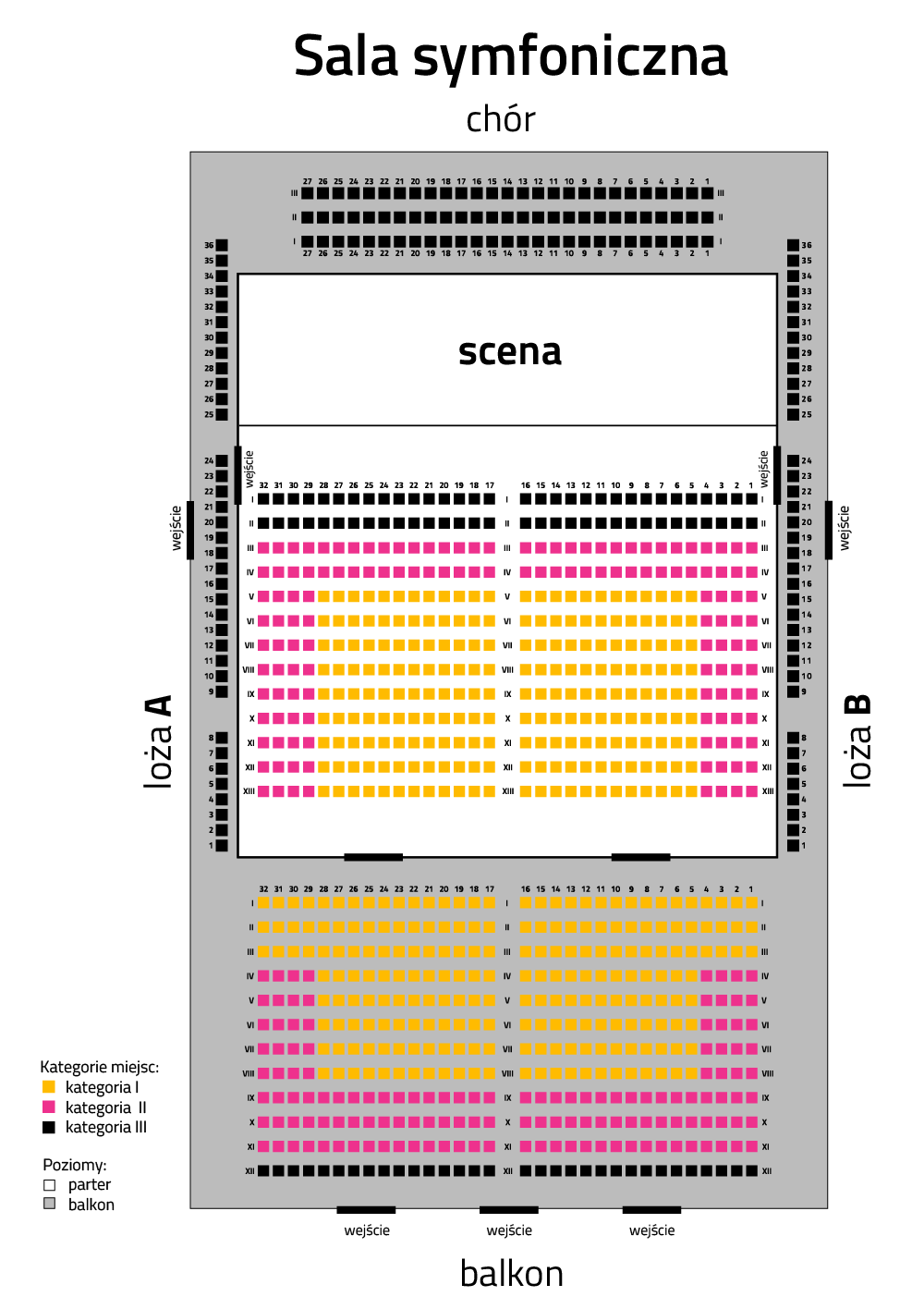There are works of classical music that every music lover recognizes without hesitation from just one note, at least after the first measure. One is undoubtedly the Cello Concerto in E minor, Op. 85 by Edvard Elgar, and another the symphonic poem "Thus Spoke Zarathustra,"Op. 30. Interestingly, the recognition of these works was gained long after their premieres – as late as the 1960s.
Elgar's concert is probably the most famous example of a cello composition with an orchestra accompaniment, and begins with the poignant introduction of a solo instrument, to which the whole ensemble joins after a long while. The work was created in the last months of the First World War and perfectly reflects the mood of this restless time in Europe. The composition has a rather atypical four-part arrangement, in which the first three links (especially the initial and third) are characterized by a quite slow pace – the composition gains momentum in the spectacular finale. The premiere of the work in 1919 by the London Symphony Orchestra under the composer's direction went virtually unnoticed. The rediscovery of the work is due to a recording made by 20-year-old Jacqueline du Pré in 1965, which turned out to be a huge success. At that time all the most famous cellists began to include it in their repertoires.
The second composition "Thus Spoke Zarathustra" gained popularity to not only among music lovers, mainly due to Stanley Kubrick's "2001: A Space Odyssey". Since the premiere of the film in 1968, the initial motif of Strauss's poem is inextricably associated with space. The composer drew inspiration for writing the work after reading a dissertation of the same title written by Friedrich Nietzsche – the composition refers to philosophical and metaphysical topics. The work consists of nine fluently passing parts whose titles refer to the chapters from the book by the German philosopher. In this musical piece, however, you can find manifestations of the composer's sense of humor, like a waltz, as if a reference to the work of the completely different Strauss. The whole begins with a sunrise – the famous fanfare in the key of C major.
DETAILS
Elgar | Strauss
14-09-2018 19:00

Symphony HallFilharmonia im. Mieczysława Karłowicza w Szczecinie
ul. Małopolska 48
70-515 Szczecin

